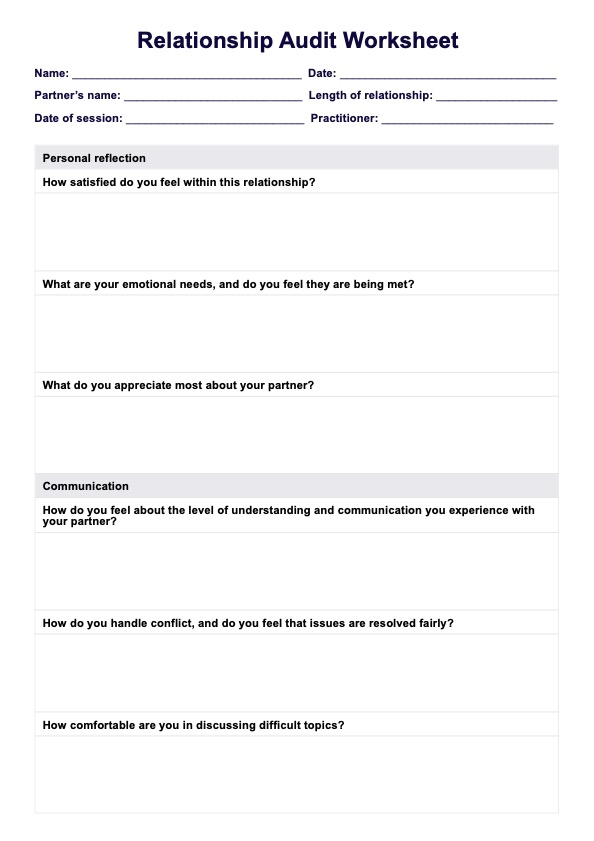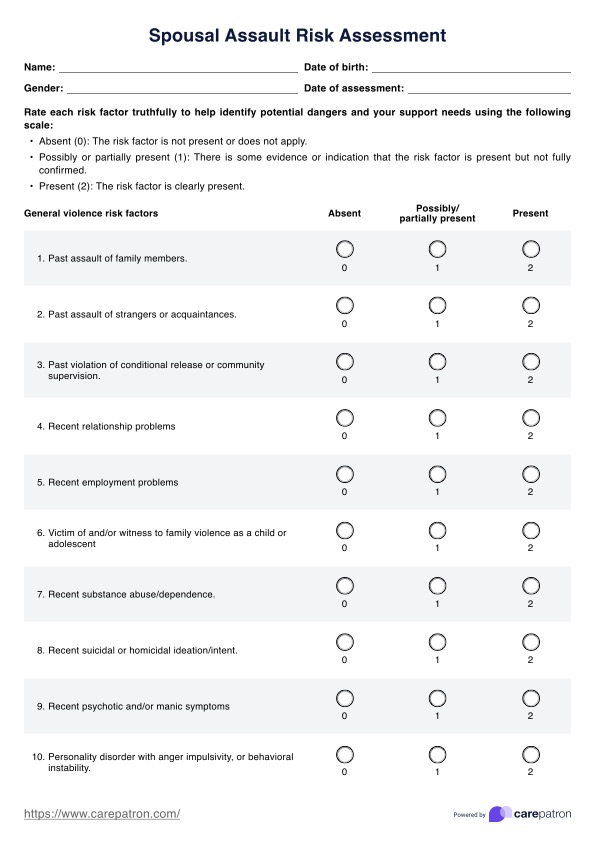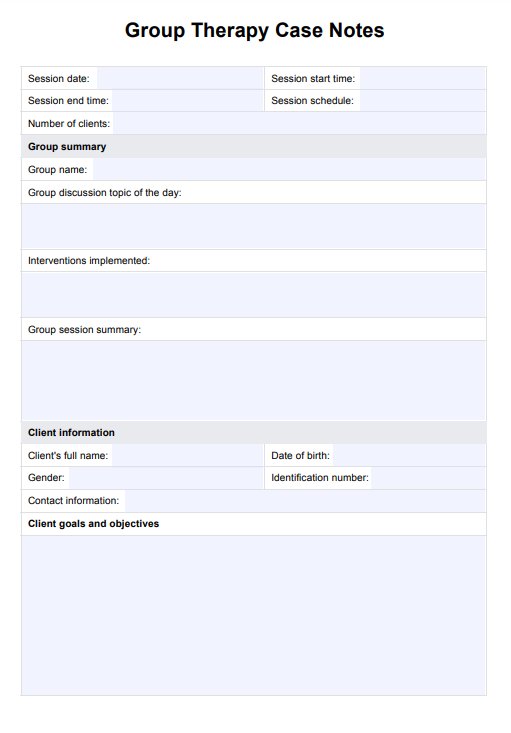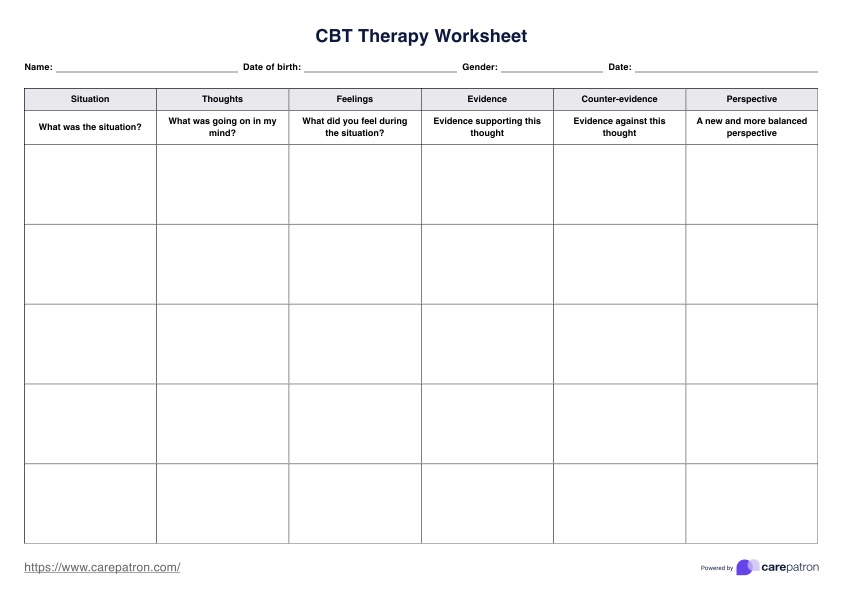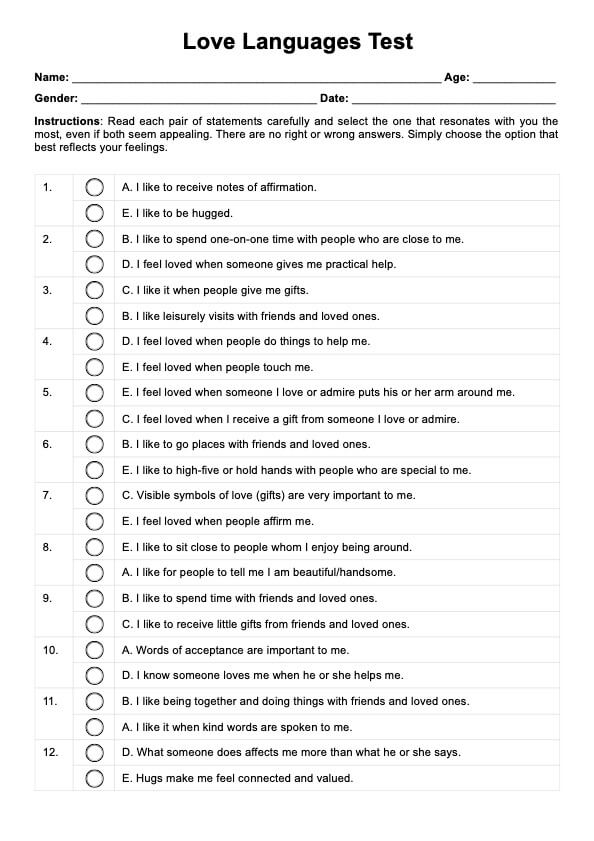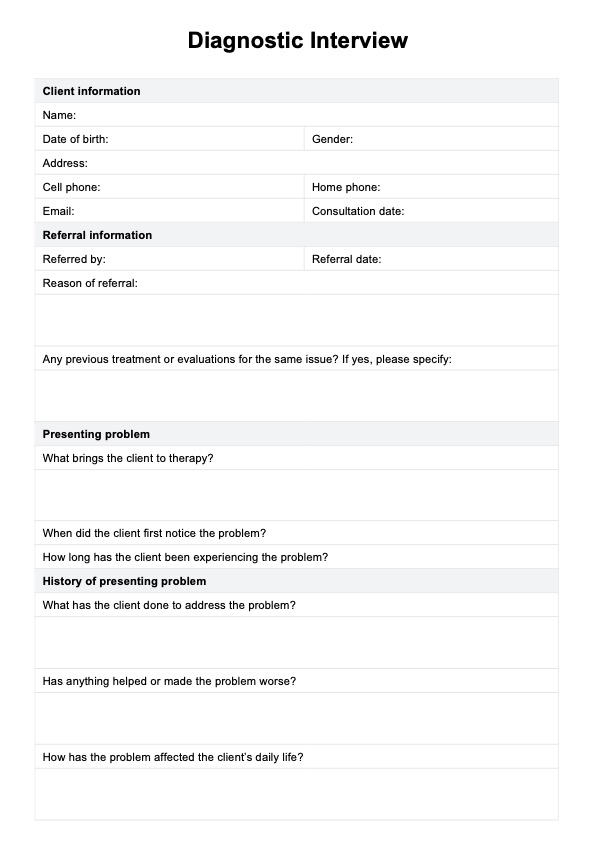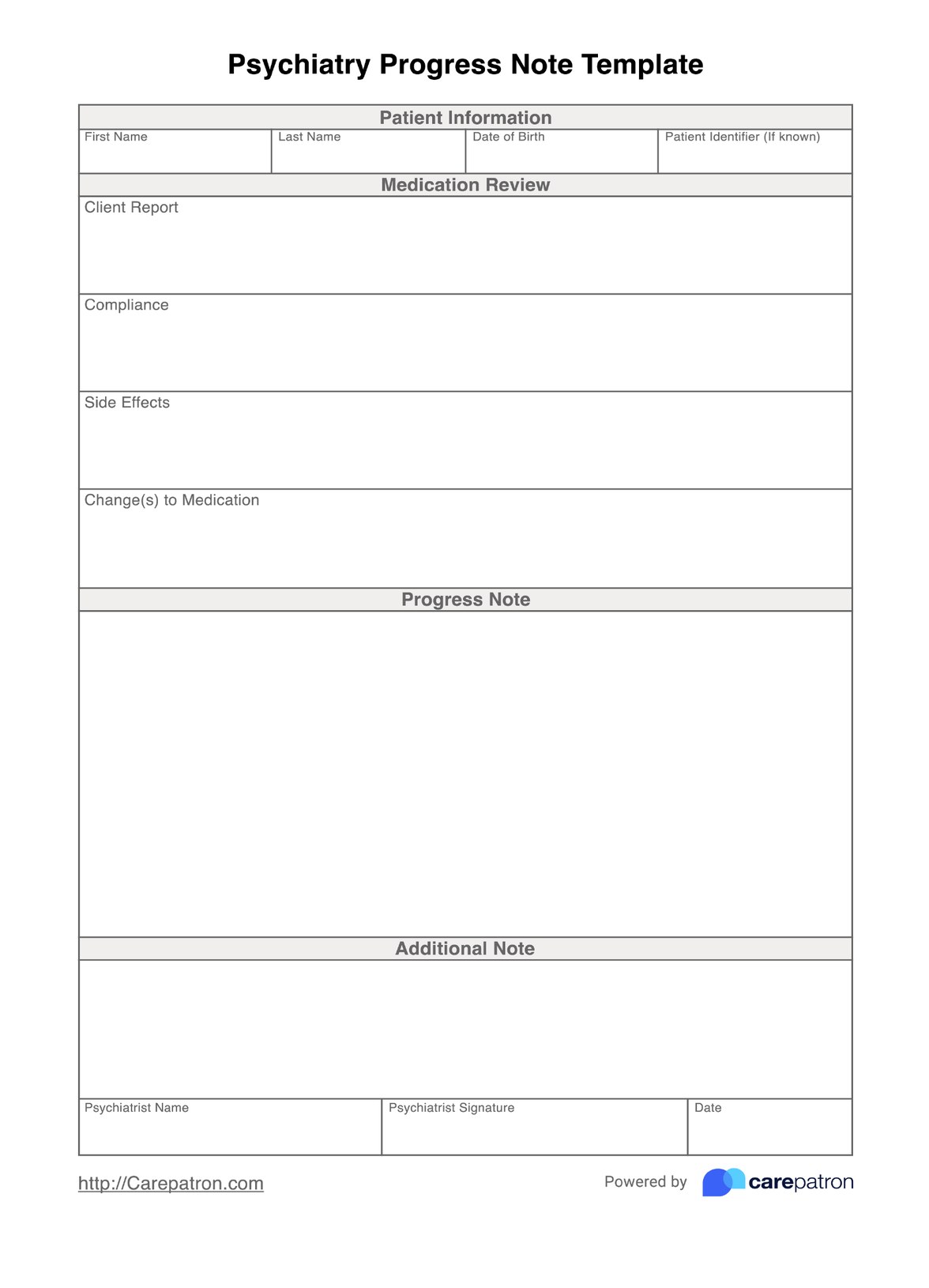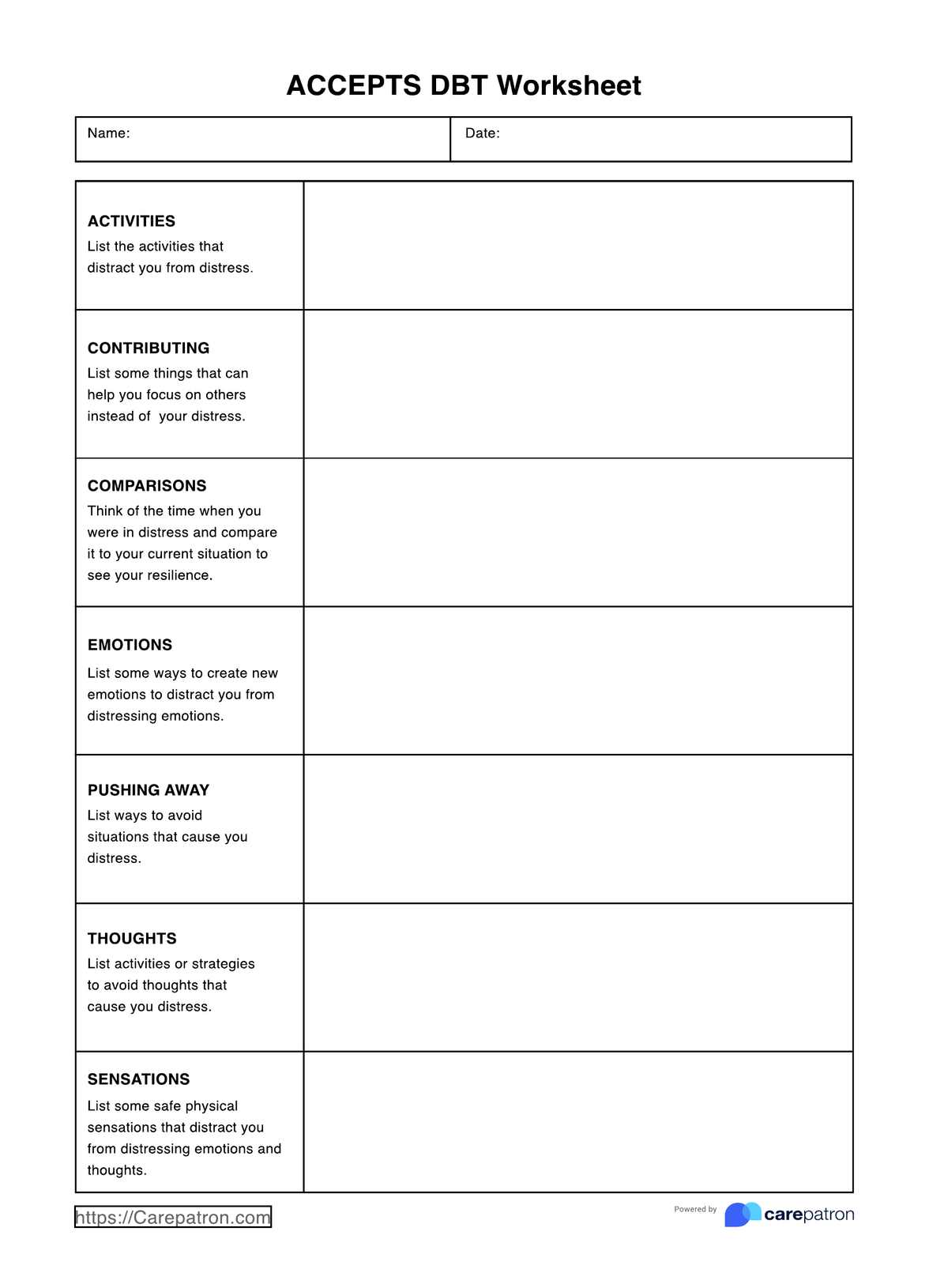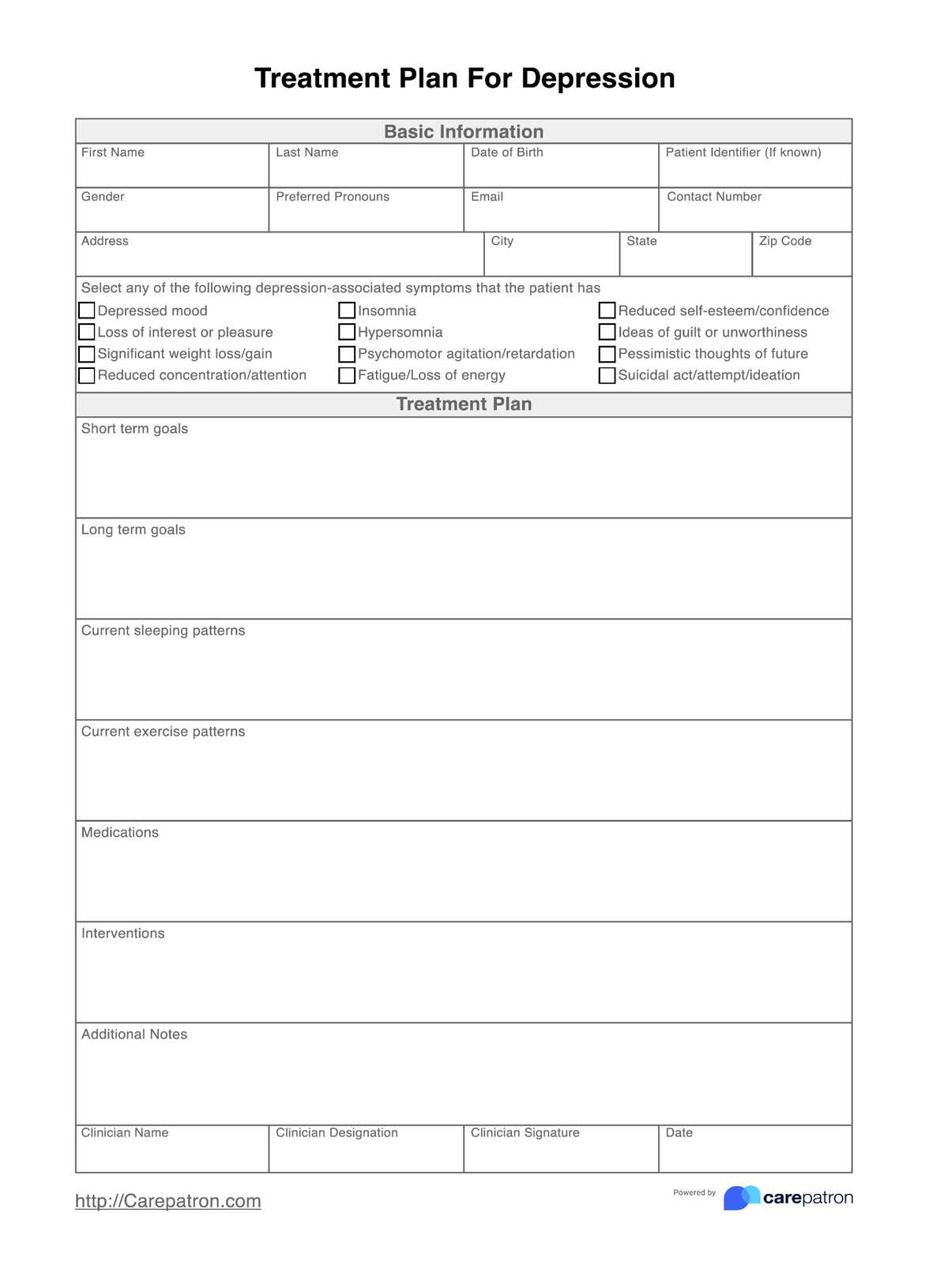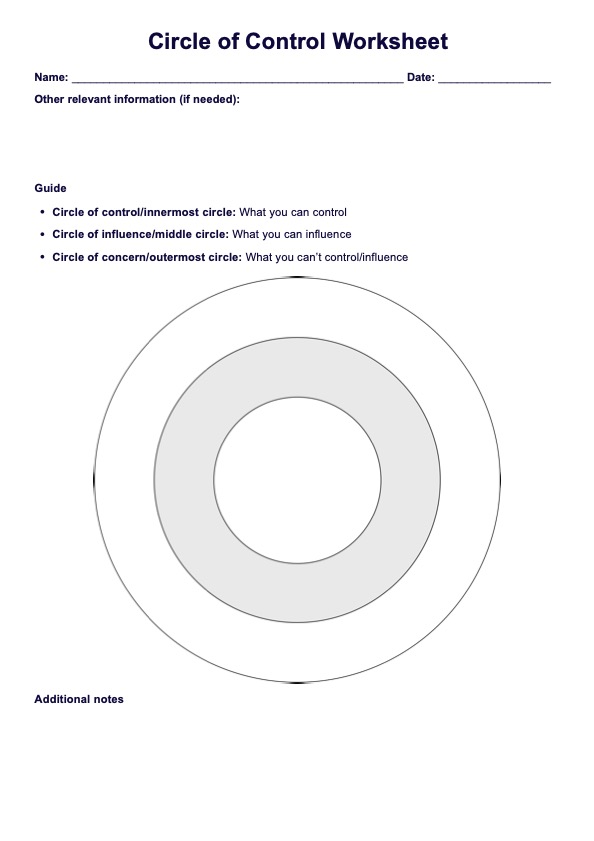Relationship Workbook
Strengthen your relationship with our workbook, offering exercises for better communication, intimacy, and conflict resolution.


What is a healthy relationship?
Maintaining intimate relationships is crucial for emotional well-being and overall happiness. Healthy relationships, characterized by trust, respect, and open communication, provide emotional support and contribute to one's sense of belonging and security. They help improve your sense of worth and mental health and foster a supportive network.
Strong relationships also encourage personal growth and development by offering opportunities to learn and understand different perspectives. Healthy relationships do not occur on their own; they involve investing time and effort into maintaining them and having a strong emotional connection.
Relationship Workbook Template
Relationship Workbook Example
What's a Relationship Workbook?
A Relationship Workbook is a great resource for couples seeking to enhance their relationships through meaningful conversations and practical guidance. It focuses on key areas of relationship work, helping partners explore their individual needs and how each partner sees the relationship and develop strategies to address any differences in a healthy way. With a combination of helpful exercises and practical tools, it encourages growth, empathy, and mutual understanding.
One of the workbook's core objectives is to strengthen communication skills. Many of the exercises are designed to teach active listening, constructive conflict resolution, and emotional vulnerability, providing couples with the foundation to navigate challenges and connect on a deeper level. By engaging in guided discussions and self-reflective tasks, couples can discover how to meet each other's needs while maintaining their individuality.
A Relationship Workbook fosters long-term success by fostering intimacy, trust, and shared vision. Whether couples are facing challenges or simply looking to deepen their connection, this workbook offers structured support for improving the quality of their partnership.
When to use the Relationship Workbook?
A relationship workbook can be written and utilized at various stages and situations within a relationship, making it a versatile tool for couples seeking to maintain and enhance their relationship. Here are some optimal times to use the workbook:
- Early in the relationship: To build a strong foundation by establishing effective communication habits and understanding each other's needs and expectations.
- During times of transition: Such as moving in together, getting married, having a baby, or facing any significant life change, to navigate the adjustments and challenges these transitions may bring.
- When experiencing communication breakdowns: To improve dialogue and understanding when it feels like conversations are going in circles or when it's difficult to discuss specific topics.
- After a conflict or disagreement: To work through issues constructively, learn from the experience, and strengthen the relationship moving forward.
- To prevent complacency: When the relationship feels stagnant or routine, using the workbook can introduce new elements of growth, fun, and intimacy.
- For ongoing maintenance: Regularly engaging with the workbook can help keep the relationship healthy, preventing small issues from becoming larger problems.
What are the best relationship activities for couples?
There is no universal "best" activity for every couple, but the key is finding something that resonates with both individuals and fosters a deeper connection. The goal of any meaningful activity should be to encourage communication, strengthen emotional bonds, and nurture mutual understanding. It’s also important to consider how each partner views the relationship and to develop healthy strategies to address differences or challenges.
Regardless of the specific activity, four key characteristics make it effective: it should be something that can be done together regularly, it should be enjoyable, and it should allow for healthy and productive communication. Considering these factors, here are some examples of impactful relationship activities.
Weekly check-ins
Weekly check-ins involve setting aside time to discuss the relationship, including any issues, highlights, or concerns. This activity promotes open communication and helps address problems before they escalate. It can include conversations about emotional needs, plans, or even things as simple as how the week has gone. Regularly discussing feelings without judgment strengthens trust and helps both partners feel heard and understood.
Date nights with a twist
Consider creative and collaborative activities that encourage teamwork instead of sticking to typical date night routines. Activities like cooking a new dish together, taking a dance class, or trying an escape room can help partners rely on each other and build shared memories. Engaging in something new can reignite excitement and foster collaboration, creating a stronger bond.
Couples' journaling
Couples can maintain a shared journal where they write down their thoughts, appreciations, and reflections on the relationship. One partner can start by writing a message or reflecting on a recent experience; the other can respond. This is a great way to deepen understanding, especially for couples struggling to express emotions verbally. Over time, the journal becomes a meaningful record of growth and progress.
Goal-setting sessions
Setting goals as a couple, whether personal, financial, or related to the relationship, is a productive way to ensure both partners are on the same page. Discussing aspirations—both shared and individual—helps maintain alignment while also respecting each person’s independence. Goal-setting sessions also allow couples to revisit long-term plans and evaluate progress together.
Shared hobbies
Engaging in hobbies such as gardening, painting, or hiking allows couples to share quality time while enjoying mutual interests. Shared hobbies give partners something to look forward to and create opportunities for light-hearted interactions, laughter, and bonding. They also encourage teamwork and mutual encouragement, making them ideal for reinforcing emotional connections.
Conflict resolution exercises
When tensions arise, structured conflict resolution exercises can be highly beneficial. Activities such as "active listening," where each partner takes turns explaining their perspective while the other listens without interrupting, can help de-escalate conflicts and promote empathy. These exercises teach healthy communication strategies and help couples work through disagreements constructively.
Daily gratitude sharing
At the end of each day, couples can take a few moments to express gratitude toward each other. Whether it’s something small, like appreciating a partner for making dinner or something significant, this practice helps build a positive atmosphere within the relationship. Gratitude sharing fosters appreciation and highlights the importance of the small, everyday gestures contributing to the relationship’s health.
Commonly asked questions
An unhealthy relationship often involves behavior patterns that harm one or both partners. Signs include lack of communication, disrespect, control issues, and neglect of each other's needs. Feelings of unhappiness, insecurity, or fear within the relationship indicate that it may be unhealthy.
The terms are frequently used interchangeably, but there can be subtle differences in practice. Couples therapy often deals with deeper, long-standing issues within a relationship, focusing on resolving past conflicts and improving overall relationship dynamics. Couples counseling, however, may focus more on addressing specific challenges or decision-making processes for struggling couples and is often more short-term.
Patients might need couples therapy or counseling if they experience persistent conflict, communication breakdowns, dissatisfaction, or feel stuck in negative patterns that they're unable to break on their own. Indications include frequent arguments, emotional distance, trust issues, or significant life changes impacting the relationship. A professional can help determine the most appropriate approach based on the couple or family's needs and goals and improve communication skills.


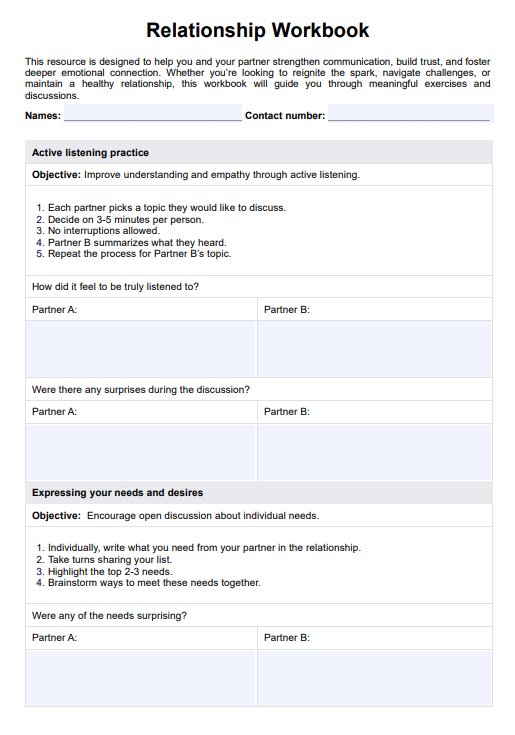
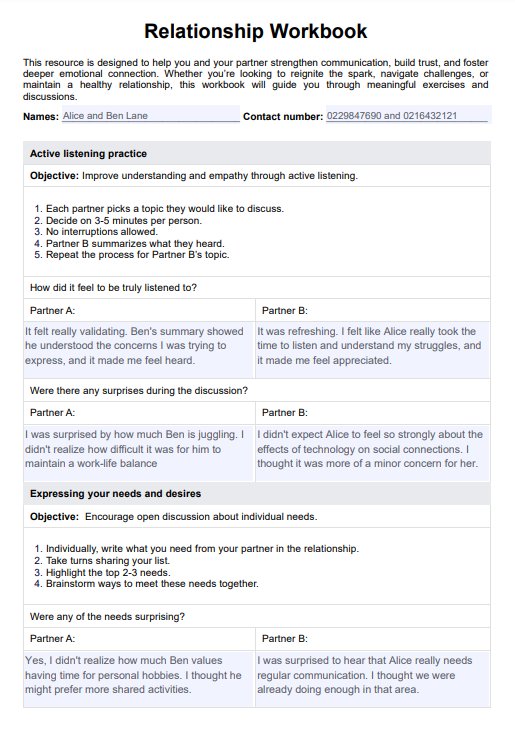

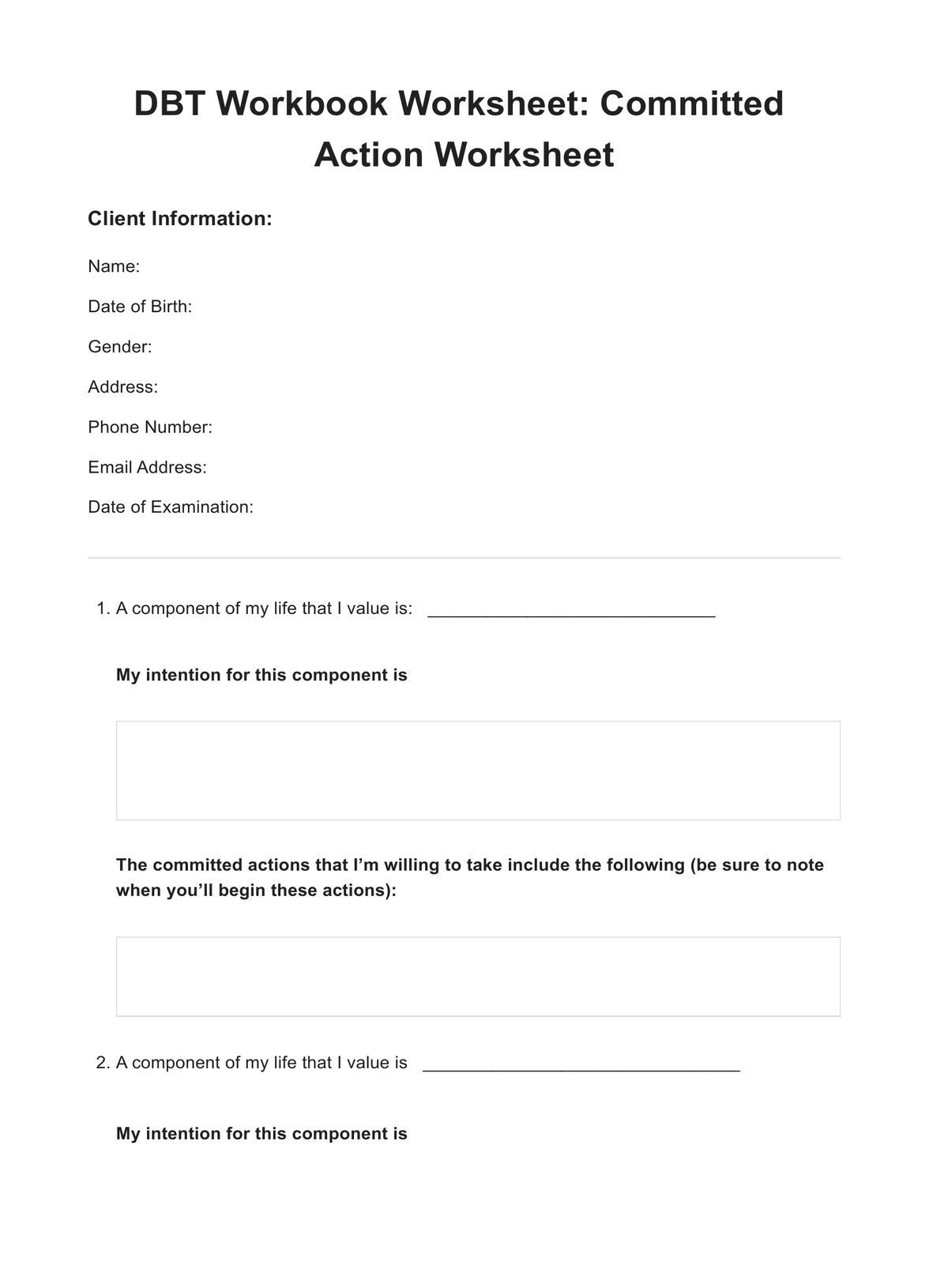
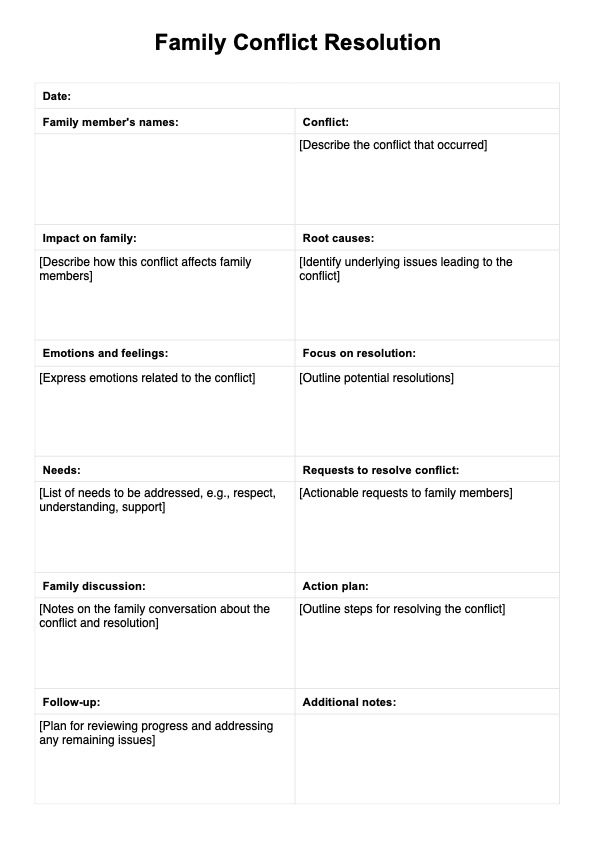















-template.jpg)


